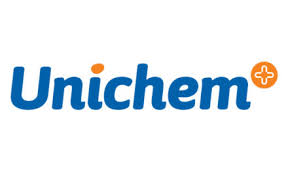January 21, 2013. A review published by The International Osteoporosis Foundation (IOF) Nutrition Working Group affirms the value of resistance training coupled with adequate nutrient intake to avoid sarcopenia: the loss of muscle mass that commonly occurs with aging. The condition increases the risk of falling and subsequent injury, and is a significant cause of disability.
The review emphasizes the importance of protein, vitamin D, vitamin B12 and folic acid, as well as avoidance of high amounts of acid-producing foods. Daily protein intake should be 1.0 to 1.2 grams per kilogram body weight; however, an excess intake of meat and cereals should be avoided because of their acid-producing effects in the body. Fruit and vegetables, on the other hand, are alkalinizing, thus benefitting muscle and bone. Vitamin D is also important for muscle as well as bone and should be supplemented in many cases, especially among institutionalized older individuals. Vitamin B12, with or without folic acid (another B vitamin), additionally plays a role in muscle function and strength.
“The most obvious intervention against sarcopenia is exercise in the form of resistance training,” stated coauthor Jean-Philippe Bonjour, who is a Professor of Medicine at the University of Geneva’s Service of Bone Diseases. “However, adequate nutritional intake and an optimal dietary acid-base balance are also very important elements of any strategy to preserve muscle mass and strength during aging.”
“Strategies to reduce the numbers of falls and fractures within our aging populations must include measures to prevent sarcopenia,” noted coauthor Ambrish Mithal. “At present, the available evidence suggests that combining resistance training with optimal nutritional status has a synergistic effect in preventing and treating sarcopenia. We hope that further studies will shed light on other effective ways of preventing and treating this condition.”



